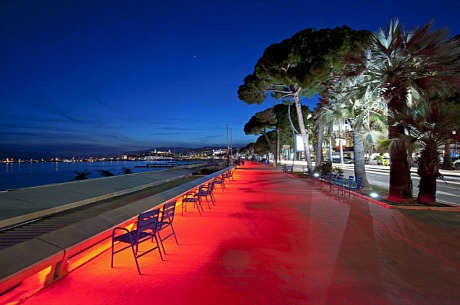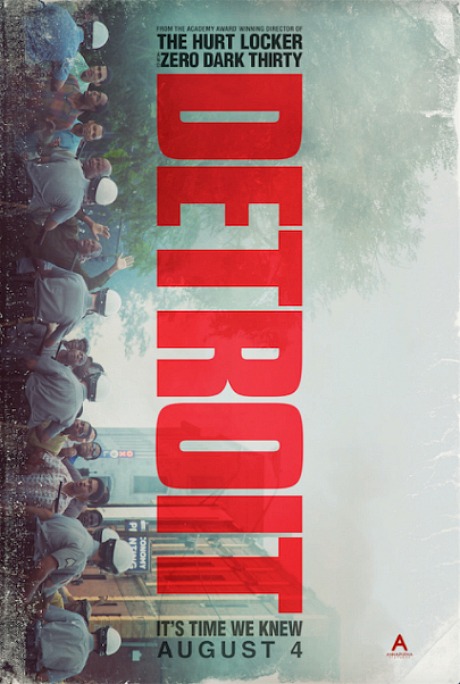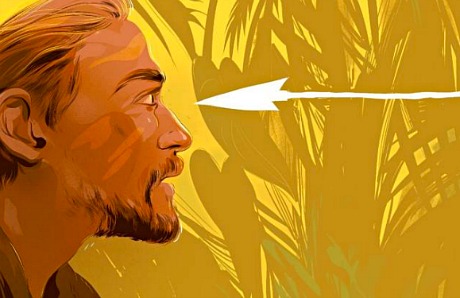Amir Bar Lev‘s Long Strange Trip (Amazon, 241 minutes) is a first-rate chronicle of a great, historic American band. Don’t let the four-hour running time stop you because this time the length fits the scale of the tale. This is one sprawling, Olympian, deeply dug into, nook-and-cranny achievement.
It takes the time to fully explain the appeal of Grateful Dead music and the whole Deadhead ’80s culture thing, which I paid no attention to when it was happening. I loved the frequent use of Frankenstein clips and echoes, and I adored Al Franken‘s comments (“I’m not a Dead authority but a fan”) during the last third.
And I laughed out loud when Robert Hunter recites the “Dark Star” lyrics — “Dark star crashes, pouring its light into ashes / Reason tatters, the forces tear loose from the axis / Searchlight casting for faults in the clouds of delusion / Shall we go, you and I while we can / Through the transitive nightfall of diamonds?” — and asks “what is not clear about that”?
The Dead were brilliant at making sloppy haphazard chops sound mesmerizing and anthem-like, but according to their ex-manager Sam Cutler they were mostly terrible in business matters, at least in the early days. But the decision to let fans tape all the shows during the ’80s was genius.
Act One (’65 to ’71 or thereabouts) is a good, comprehensive mid-to-late-’60s history lesson — efficient, amusing, well-honed and sometimes great. But Act Two (or the last two hours) really brings it home. This is where the heart is, what turned the light on — the thing that told me what Amir Bar Lev is really up to.
The last 15 or 20 minutes of Long Strange Trip is about the sad druggy wind-down and death of Jerry Garcia, and that saga seems to end four or five different times. But it finally gets there and poignantly at that.
Long Strange Trip is more about what happened inside — creatively among the band members, managers and hangers-on, and particularly among the Deadhead throngs in the ’80s — than any kind of rote, surface-y rundown of their performing and recording history (this happened, that happened).






